Expertise with sophisticated tools and rigorous methodologies to surface insights and drive outcomes

Publication
ICU Readmission as a Driver of Mortality and Length of Stay and the Potential to Identify Re-admission Risk Using a Commercial Early Warning Score System.
A research collaboration that included clinicians and researchers from both HCA Mission Hospital and Spacelabs Healthcare demonstrated how ICU readmission is an important driver of mortality rate and hospital length of stay. A commercial patient acuity score in use by Mission Health was shown to have potential for use in supporting pro-active risk mitigation strategies for patients downgrading from the ICU.
Podcasts and Webinars
Exploring The Healthcare Challenges Facing Patients and Providers In Rural Communities
Kathy Belk joins as special guest on the Real World Evidence Club podcast. Hear an expert panel engage on a wide-ranging discussion that explores and nuances the challenges facing rural healthcare from both the patient perspective and the provider and healthcare organization perspective.

Articles
Effective Workflow Integration Is Key To Augmenting Clinical Practice With Predictive Analytics
Pragmatic insights from Kathy Belk and Joseph Beals on how they helped Spacelabs Healthcare frame a strategy to effectively deploy predictive analytics solutions. Cutting through the AI/ML hype and improving care delivery requires a recognition that technology will only get you so far, and a deep appreciation and knowledge for the human and operational factors that govern front-line patient care is essential.

Publication
In-patient Mortality Reductions Can Drive Cost Savings by Decreasing Hospital Length of Stay and Intensive Care Unit Utilization.
A propensity-matched cohort analysis quantified how a decrease in avoidable mortality can be extrapolated to reductions in both overall and ICU length of stay. This work provides a statistically rigorous basis for quality programs focused on mortality reduction to credibly infer a program cost savings which can otherwise be extremely challenging to measure.

Publication
Quantifying Health Inequalities Associated with Novel Metastatic Cancer Therapies
A rigorous analysis of novel cancer therapies using published Kaplan-Meier curves found survival improvements disproportionately associated with patients whose comparative outcomes already tended to be better. This work, done in collaboration with members of the Health Consultancy Group, establishes a framework for using published aggregate data to evaluate inequalities in cancer treatments.

Publication
The Importance of Health Economic Modeling and Real-World Evidence to Inform Market Access Strategies
A Pharmaceutical Market Live article discussing the importance of incorporating health economic models early in a product life cycle to improve evidence generation planning and development of a product’s value proposition. The article also discusses the importance of leveraging real-world evidence in early phases to help increase efficiencies as a product moves into late-phase development and launch.

Article
Cost-Utility Analysis of a Machine-Learning Based Genetic Test for Opioid Abuse Risk
A joint project between Health Clarity Solutions and researchers from the Department of Health Services Administration at Xavier University evaluated a machine-learning based genetic test for risk of developing opioid use disorder assessment and were able to demonstrate the tool’s cost-effectiveness from the perspective of both private insurance and self-insured employers.

Publication
Stratifying Deterioration Risk by Acuity at Admission to Support COVID-19 Triage
A multi-institutional collaboration between Health Clarity researchers and medical researchers from Yale New Haven Health, Sinai Hospital of Baltimore, and the UC Irvine Medical Center and PeraHealth Inc., revealed that COVID patients of a given acuity could be shown to have a measurably different in-patient risk profile measured across a range of adverse events relative to non-COVID patients of similar admission acuity. A real-time measure of patient acuity was shown to be an effective risk stratification tool.

Publication
Quantification of CDC Risk Factors at Admission Identifies COVID Patients with Elevated Likelihood of Adverse Outcomes
A joint initiative between Health Clarity Solutions and researchers at the University of Cincinnati Medical Center, Xavier University, and the American Academy of Family Physicians analyzed patients from over 300 US hospitals to find a clear relationship between the number of CDC risk factors and the likelihood of inpatient mortality, ICU utilization, and hospital length of stay providing a basis for early risk stratification of patients at the time of hospital admission.



